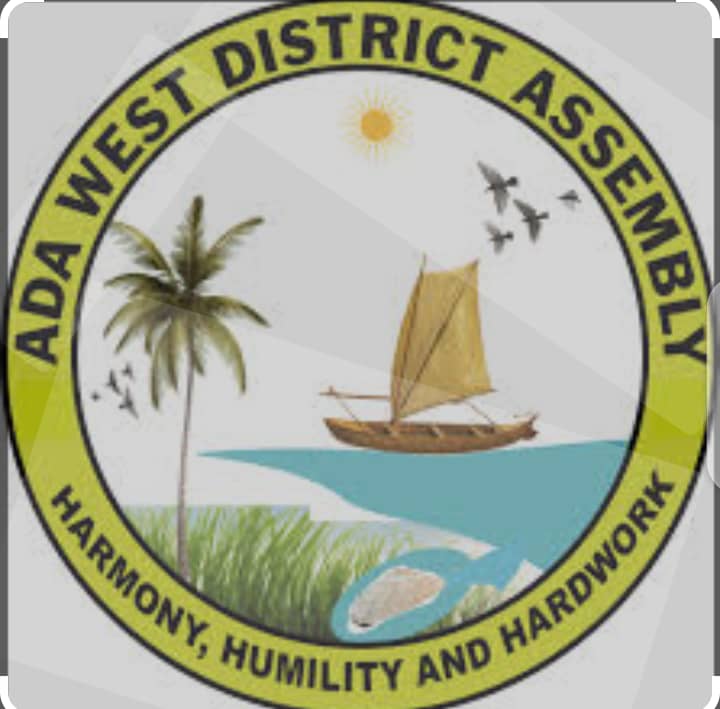The race for the District Chief Executive (DCE) position in the Ada West District of Ghana’s Greater Accra Region is heating up, with twelve members of the National Democratic Congress (NDC) vying for the coveted role. This surge in interest has sparked considerable discussion within the party and the broader community, highlighting the importance of this local leadership position. The aspirants, a mix of constituency executives and other party members, represent a diverse range of backgrounds and experiences, bringing varying perspectives on the district’s future development. Their collective ambition underscores the significance of the DCE role in shaping local governance and driving progress within the Ada West District. The diverse pool of candidates presents both a challenge and an opportunity for the president, who must carefully consider the strengths and weaknesses of each individual before making a final decision.
The NDC’s constituency communication team, led by Communications Officer Freeman Narh Ejoeji, has confirmed the submission of applications from all twelve aspirants. The aspirants include M.J.J.J Mills-Nkrumah, Ernest Dugbanor Klugblenu, Jacob Atterh Agbedam, Amuyao David Narh, Samuel Darkeh Boafo, Jonas Tetteh Adabah, Sebbie Abigail Amarkie, Joseph Tetteh Sottie, Enoch Teye Sewornu, John Vastin Djabaku Akplehey, Enoch Lomo Damateye, and Emmanuel Katey. This diverse group represents a cross-section of the party’s membership, reflecting a broad range of interests and expertise. The upcoming selection process promises to be a closely watched affair, with the eventual nominee facing the task of uniting the party and addressing the district’s numerous challenges. Ejoeji has appealed for calm among party supporters, emphasizing that the president’s selection will be based on merit, the specific needs of the district, and the interests of the community.
Former Ada West DCE, Anthony Yao Klokpa, who served from 2012 to 2015 under the NDC, offered insights into the motivations driving the high number of aspirants. He pointed to a variety of factors, including a sense of having contributed significantly to the party’s success, the potential for financial stability offered by the position, and the desire to serve as a catalyst for development within the district. Klokpa’s observations shed light on the complex interplay of personal ambition, political aspiration, and genuine commitment to public service that often characterizes such contests. His remarks also highlight the importance of considering both the individual’s motivations and their potential to effectively serve the community.
Klokpa further emphasized the criteria that should guide the president’s selection process, highlighting the importance of loyalty to the party, active participation in constituency activities, educational qualifications, understanding of local governance principles, and length of service to the party. These factors, he argued, are crucial in identifying a candidate capable of effectively representing the party’s interests while simultaneously addressing the diverse needs of the district. The emphasis on these criteria underscores the importance of selecting a DCE who possesses not only political acumen but also the managerial skills and community understanding necessary for effective leadership.
The role of the DCE, as Klokpa explained, extends beyond mere administrative duties. DCEs serve as the president’s representatives at the district level, acting as a bridge between the central government and the local population. They are responsible for implementing government policies, overseeing infrastructure projects, and promoting overall development within their districts. This crucial role demands a deep understanding of local needs, the ability to navigate complex political landscapes, and a commitment to serving the interests of the community. The DCE’s effectiveness directly impacts the lives of residents, influencing everything from infrastructure development to the delivery of essential services.
The selection of the next Ada West DCE is not simply an internal party matter; it has significant implications for the future of the district. The chosen candidate will inherit a range of challenges and opportunities, and their leadership will directly impact the lives of the residents they serve. The president’s decision must therefore be carefully considered, taking into account not only the individual’s qualifications and experience but also their vision for the district’s future. The intense interest in the position underscores the importance of local governance and the potential for positive change that effective leadership can bring. The upcoming selection process will undoubtedly be a closely watched affair, as the community anticipates the appointment of a DCE who can effectively address their needs and aspirations.














